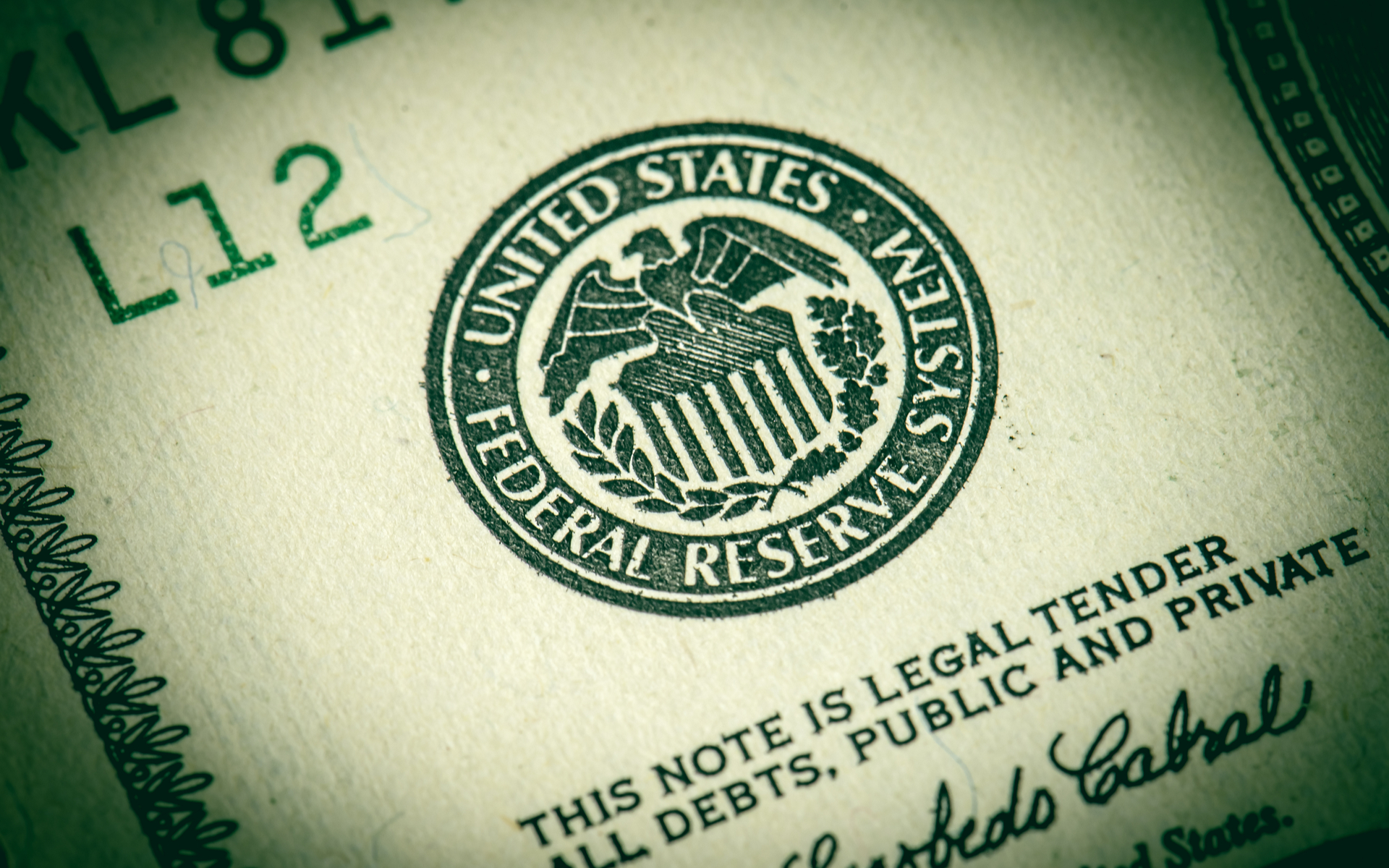PALO ALTO, Calif. (Reuters) - The Federal Reserve is looking at a broad variety of concerns around digital payments and currencies, including policy, design and legal considerations around possibly releasing its own digital currency, Governor Lael Brainard stated on Wednesday. Brainard's remarks recommend more openness to the possibility of a Fed-issued digital coin than in the past." By changing payments, digitalization has the prospective to provide greater value and benefit at lower cost," Brainard stated at a conference on payments at the Stanford Graduate School of Company.
Main banks worldwide are debating how to manage digital finance innovation and the dispersed ledger systems used by bitcoin, which assures near-instantaneous payment at potentially low cost. The Fed is developing its own day-and-night real-time payments and settlement service and is presently reviewing 200 remark letters sent late last year about the proposed read more service's style and scope, Brainard stated.
Less than two years ago Brainard told a conference in San Francisco that there is "no engaging showed need" for such a coin. However that was before the scope of Facebook's digital currency aspirations were widely understood. Fed authorities, consisting of Brainard, have actually raised issues about customer defenses and information and personal privacy hazards that might be posed by a currency that might enter use by the third of the world's population that have Facebook accounts.
" We Browse this site are teaming up with other main banks as we advance our understanding of main bank digital currencies," she stated. With more countries looking into issuing their own digital currencies, Brainard said, that contributes to "a set of reasons to also be making sure that we are that frontier of both research and policy advancement." In the United States, Brainard stated, problems that need research study consist of whether a digital currency would make the payments system safer or simpler, and whether it might posture monetary stability risks, including the possibility of bank runs if cash can be turned "with a single swipe" into the reserve bank's digital currency.
To counter the financial damage from America's extraordinary national lockdown, the Federal Reserve has actually taken unprecedented actions, consisting of flooding the economy with dollars and investing directly in the economy. Many of these moves received grudging approval even from many Fed doubters, as they saw this stimulus as needed and something just the Fed might do.
My new CEI report, "Government-Run Payment Systems Are Unsafe at Any Speed: The Case Against Fedcoin and FedNow," information the risks of the Fed's current prepare for its FedNow real-time payment system, and proposals for main bank-issued cryptocurrency that have actually been called Fedcoin or the "digital dollar." In my report, I discuss issues about personal privacy, data security, currency control, and crowding out private-sector competitors and innovation.

Advocates of postheaven.net/zorachzizn/palo-alto-calif-zqly FedNow and Fedcoin state the federal government must create a system for payments to deposit quickly, rather than encourage such systems in the economic sector by raising regulatory barriers. However as kept in mind in the paper, the private sector is providing an apparently endless supply of payment technologies and digital currencies to solve the problemto the degree it is a problemof the time space in between when a payment is sent and when it is received in a savings account.
And the examples of private-sector innovation in this location are numerous. The Cleaning Home, a bank-held cooperative that has actually been routing interbank payments in numerous types for more than 150 years, has actually been clearing real-time payments considering that 2017. By the end of 2018 it was covering 50 percent of the deposit base in the U.S.